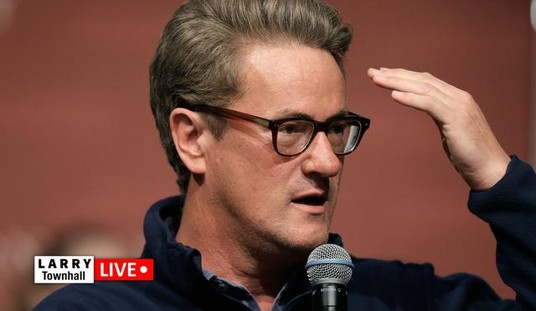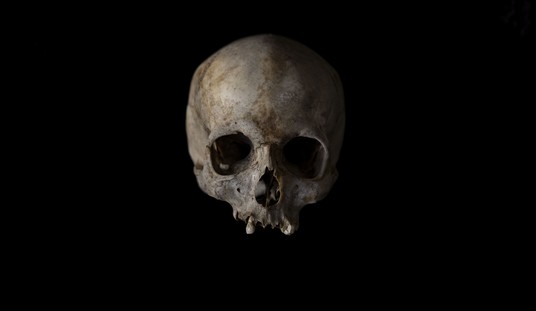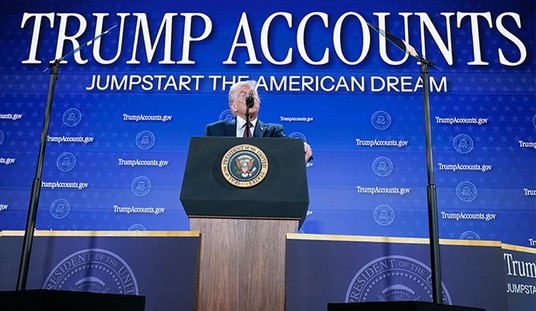Time Magazine is reporting on Donald Trump’s collapse through the Summer months and the subsequent straining of the relationship between he and RNC Chairman Reince Priebus.
But every bond has its breaking point. For this partnership, the moment nearly arrived in early August. Priebus was on vacation when he learned that Trump had declined to endorse Paul Ryan, the Speaker of the House and a close friend. The chairman had a frank message for the nominee, according to two Republican officials briefed on the call. Priebus told Trump that internal GOP polling suggested he was on track to lose the election. And if Trump didn’t turn around his campaign over the coming weeks, the Republican National Committee would consider redirecting party resources and machinery to House and Senate races.
Trump denies the exchange ever took place. “Reince Priebus is a terrific guy,” Trump told TIME. “He never said that.” Priebus could not be reached for comment. But whatever the exact words spoken on the phone, there is no doubt that the possibility Republicans will all but abandon Trump now haunts his struggling campaign.
It’s a fact, and one that many of us constantly tried to stress through the primary season, that Trump was not presidential, had no grasp on the issues, and would be a nightmare to deal with in the general.
Another fact is that the same polls that kept him winning through the primaries had him losing in a head-to-head matchup with Hillary during the general.
His loyalists would not listen. That may be, due in large part, to the unending, fawning, coverage he received from his personal campaign headquarters, Fox News. In fact, Fox wasn’t the only media outlet to give wall-to-wall coverage of the Cheeto-devil. To the casual observer, it would seem that he was the only one running.
You can blame a mercenary media, which cares more about ratings than the well-being of our nation for that.
A constant stream of gaffes and plummeting poll numbers have followed since Trump became nominee, and it would seem he’s unwilling to do anything to help himself.
Then there are the challenges entirely of Trump’s own making. More than three months after he effectively clinched the Republican nomination, he has yet to settle on a strategy to match the demands of a broader electorate. In an interview with TIME on Aug. 9, the improvisational candidate sounded torn between conflicting pieces of advice, unsure of how much to hold back and when to let loose. “I am now listening to people that are telling me to be easier, nicer, be softer. And you know, that’s O.K., and I’m doing that,” he says. “Personally, I don’t know if that’s what the country wants.”
Polls show that Trump has failed to grasp one of the essential truths about this extraordinary contest: in a race between the two most unpopular major-party nominees in modern history, it’s in each campaign’s interest to train the spotlight on the other. Clinton wants the race to be about Trump. Which is what the publicity-addled Republican wants too. And why not? It worked for him in the Republican primaries. “I got 14 million votes and won most of the states,” he boasts. “I’m liking the way I ran in the primaries better.”
It does no good to remind Trump that he is no longer in the primaries. He doesn’t seem to get it, since most of his barbs are aimed at other Republicans, although he does veer off his usual track to occasionally target the Democrat he’ll be facing in the general election.
That targeting has been focused on Gold Star families, suggesting that some gun owner might take out his opposition, and in general, making a mess of what should have been an easy election for Republicans to walk away with. Time even points out that Trump couldn’t make it an entire day removed from that disastrous GOP primary before going after fellow Republicans again.
Two evenings before, Trump had crushed the last vestiges of Republican opposition, orchestrating an outburst of boos as Senator Ted Cruz of Texas delivered the ultimate snub: refusing to endorse his onetime rival. But for Trump, that victory wasn’t enough. Rather than mend fences, he told fans he didn’t want the GOP runner-up’s endorsement and might bankroll a super PAC to kill Cruz’s career. Apropos of nothing, he revived a dormant controversy involving an unflattering picture of the Texan’s wife, boudoir shots of Trump’s and a tiny super PAC that no longer exists. He once again linked Cruz’s father to the Kennedy assassination, a false conspiracy fed by a 50-year-old photo published in a supermarket tabloid. For good measure, Trump fired a parting shot at Ohio Governor John Kasich, another vanquished rival whose political machine could provide a boost in a critical swing state.
The riot of recrimination was a vivid reminder that some of Trump’s worst traits as a candidate–paper-thin skin, an absence of discipline, a bottomless capacity to nurse grudges–are not going away. Republicans waiting for the long-promised presidential pivot seemed like characters in a Beckett play, trapped in Trump’s theater of the absurd.
This is because he is not a serious candidate. He can’t be trusted to buckle down, follow script, and carry on a disciplined campaign.
Jarring new TIME cover: Inside Donald Trump’s Meltdown https://t.co/7TXo7y6Vo2 pic.twitter.com/bN1Ozxxlro
— Matt McDermott (@mattmfm) August 11, 2016
I firmly believe that he was pulled in as a novelty and was meant to upend the process long before the general ever arrived, but he and *whoever* put him up to this ill-fated run underestimated the anger of the electorate, as well as the limitations on the knowledge many of them have about the political process and the issues facing this country.
It may have worked better than they had anticipated, and that’s a boon for them, but it spells out a nightmare for this nation.
Let’s just pray that in four years, if there’s anything left, we can rebuild again.













Join the conversation as a VIP Member